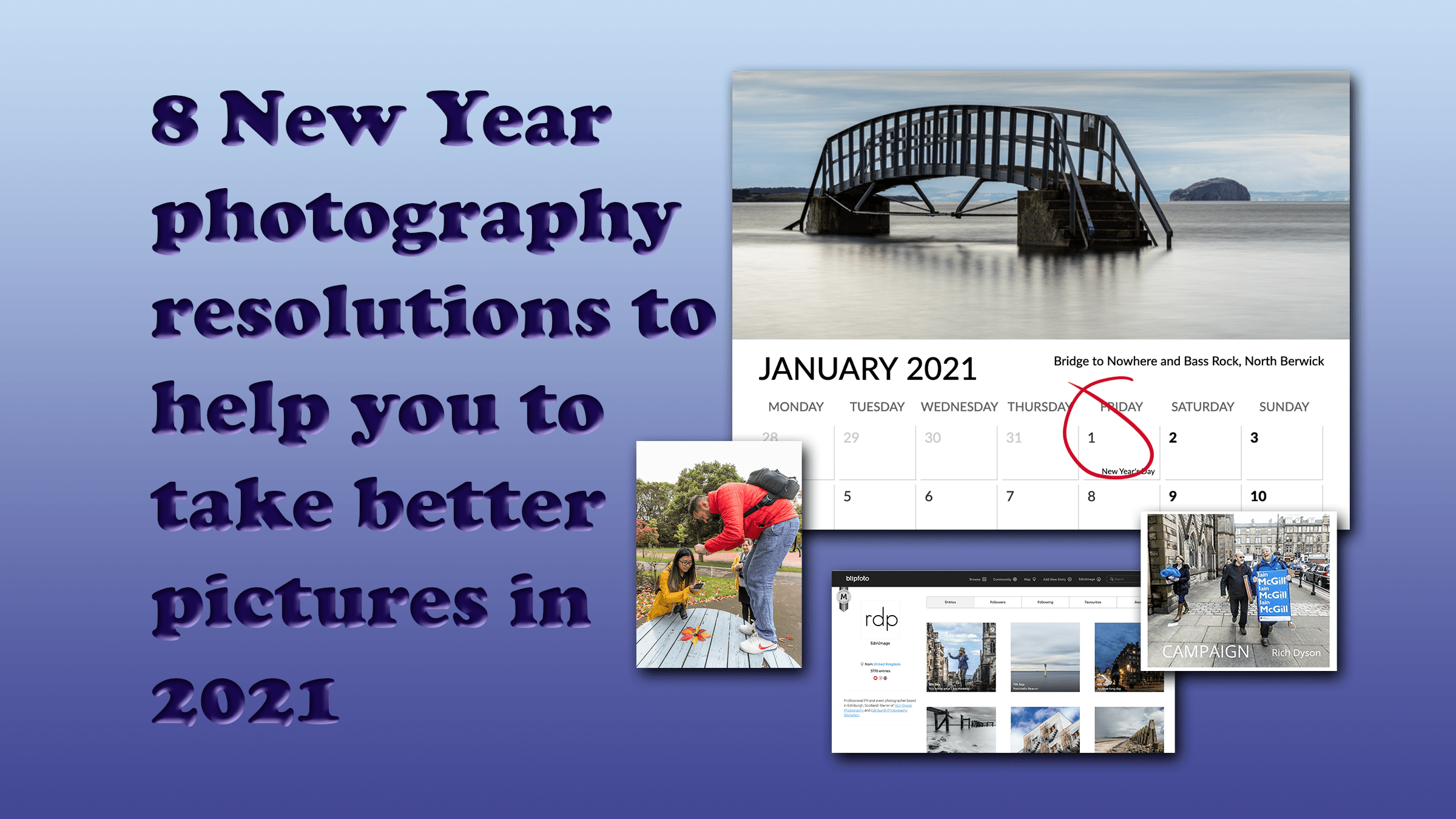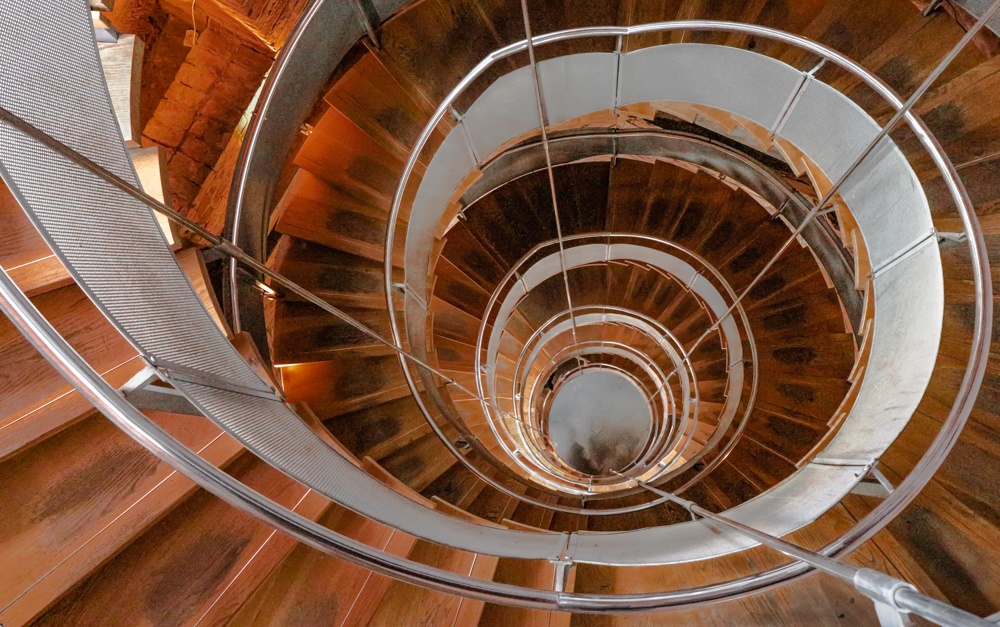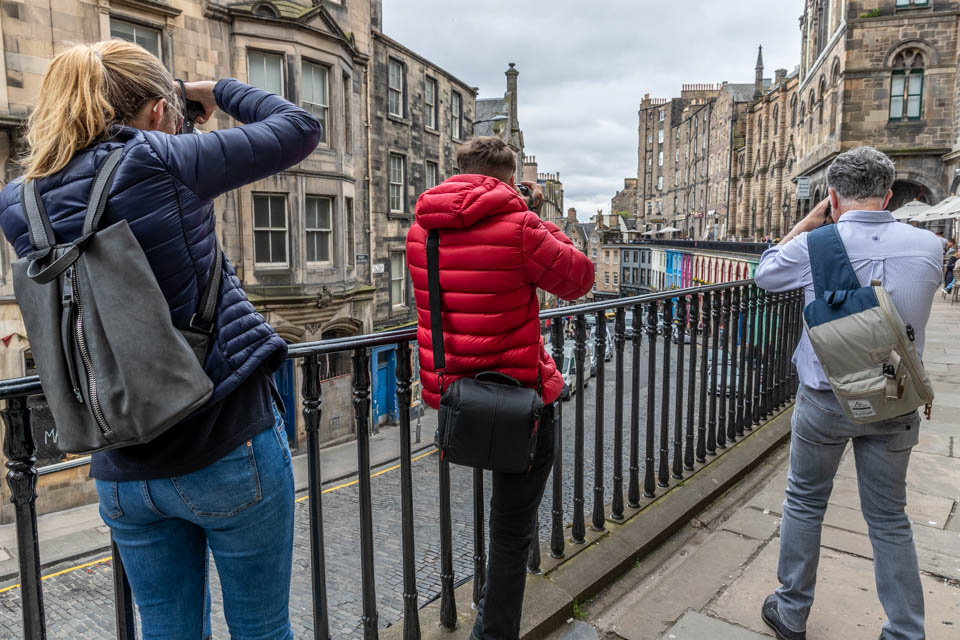December 30, 2020
8 Photography Resolutions for 2021
A new year is a great time to make changes for the better. Here are 8 ideas for resolutions that can improve your photography

The year 2020 probably hasn’t been the best for many reasons. Being locked down for months on end and a broken ankle has certainly restricted the photography I planned. However, it also gave me a chance to try out new things. When you do something different, you tend to learn from it. Hopefully, at least some of 2021 should allow us to have a bit more freedom to get out. Let’s look forward with positivity and here’s my suggestion of photography resolutions you can make for 2021.
Take a photo a day
They say that practice makes perfect. My first recommendation for a New Year resolution is to take a photograph a day. Just the act of getting your camera out each day is going to encourage your photographic skills. By committing to a 365-day challenge, you’ll wake up each day with a desire to expand your creativity. Some people who embark on a photo-a-day challenge go a step further and let fate decide their subject for the day. Search for 365-day photography challenge list, and you’ll find lots of ready-made lists to stimulate you into snapping.
There’s a great website called Blipfoto which is perfect for a 365-day challenge. The site is designed to post a picture each day and add a comment (if you want). Not only does it give you the impetus to shoot each day and met your resolutions, but it also acts as a diary of your 2021 life!

Shoot with a prime lens a day a month
One of the cheapest lenses around for a DSLR is a 50mm prime lens. You can usually get one for between £100 and £200. A nifty-fifty advantage is that they typically have a widest aperture of f/1.8 which means that you can get glorious bokeh (the blurry effect around the focal point). It’s a brilliant lens for portraiture as well as low light photography.
You should try using a prime lens like the 50mm because it will also help improve your composition skills. When you don’t have a zoom, it forces you to compose with your feet. Moving forward and back makes you look differently at a subject. When you go back to using a zoom lens, remember the same moving process to get the optimal composition before zooming in and out.
Set up a personal project
A great way to think differently about your photography is to make a personal project of photographs. Start with a brief about what your project is going to cover. It could be something abstract like ‘lines in nature’. You could also be specific such as a regular event that takes place near where you live.
A good habit to get into is to plan the kind of things you’d like to include in the project. That could mean reaching out to people to help set up the shots you need. It could mean visiting locations you hadn’t considered. Once you’ve taken all the photographs, think of the best way to bring it together as a collection of pictures. Do they need to be displayed chronologically to tell a story, or should they be grouped by colour or shapes?
You might even want to use a self-publish book company such as Blurb to create a book of your creations. Having something to touch and enjoy is a great way to bring the project to a creative conclusion and ticks off another of your resolutions.

Gain a photography distinction
A step up from a personal project is to try and gain a photography distinction from a society such as RPS or NPS. The various photography societies have different levels of recognition to work toward achieving.
I featured a previous workshop attendee’s successful attempt at the Royal Photographic Society LRPS qualification a few months ago. That award needs a collection of twelve photographs demonstrating capability in using different shutter speeds, apertures, etc. The next level, ARPS, is where you could convert your photography project to letters after your name. You don’t need to have LRPS to try for ARPS, but they do look for a high level of competence so go into the process aware of your capabilities.

Learn a new skill
It’s easy to slip into a habit of shooting similar things in similar ways. Challenge yourself by learning a new skill. For example, if you have never ventured into using off-camera flash, try it out. Immerse yourself in blogs, videos and articles about the thing you want to learn. If it is possible, attend a course or workshop to help your learning journey.
As you add more strings to your virtual photography bow, you’ll find more opportunity to shoot. The hard thing to do is think about your new skill as an addition to your toolbox, not a replacement. Don’t become fixated on what you have learned at the expense of the skills you’ve already honed. This is one of the resolutions you can keep making year after year.
Print a photograph
I’m frequently told that photography is much easier these days. In some ways, it is. The switch from film to memory cards has undoubtedly made it a cheaper hobby! What digital photography hasn’t changed is the photographer’s ability to ‘see’ a picture then use the best settings to capture it. It’s a great feeling to take a photograph that you are proud of taking.
It’s all too easy to create a JPEG of your picture and upload it to the internet. Instagram, Facebook and countless other platforms make it simple to share your photos. But, be honest, how many times will you go back and look at your masterpiece? Choose one of your favourite shots and get it printed and framed. That way, you’ll have something tangible to experience. As your photography gets better, you can replace it with a new picture. The more you print, the better you can see you’re getting!
Connect with photographers
Photography can be a sole pursuit. Heading out early in the summer to photograph a sunrise or staying up late in the winter to capture the Northern Lights don’t make for a social pursuit. Joining a group of other like-minded people can add an extra dimension to your photography pursuit. Don’t forget to follow whatever rules are in place for social gatherings. As we can meet more people you’ll enjoy interacting with other photographers and swapping and sharing tips could even improve your photography.

Clean your gear regularly
Photography can be costly. A cheap DSLR will start at a couple of hundred pounds, and you can easily spend thousands. The addition of different lenses to your kit soon adds up. Filter kits and tripods add to your investment. When you’ve spent so much money, it is worth introducing a cleaning regime so that you can enjoy the fruits of your hard-earned cash for longer. At some stage, you may upgrade your kit, and you’ll get a better trade-in value if you’ve looked after your gear over the years of use.
I created a guide to cleaning your equipment a few years ago. I still keep to this regime. The more you look after your gear, the less likely it will let you down when you are out shooting. It can even help to speed up your editing process. There’s nothing more annoying to me deleting dust spots after a shoot that wouldn’t be there with a good, regular clean!
Give us your feedback
What are the photography resolutions you are going to make this year? If you have a great idea to share then let us know! If you’ve got any questions or comments, leave them below. You can sign up for the Edinburgh Photography Workshop monthly newsletter where you’ll get regular updates on exciting things happening in photography and some great tips. Sign up by clicking here.
About the author
As well as running Edinburgh Photography Workshop, Rich Dyson is a professional photographer. His photographs are regularly used in newspapers such as The Times, Guardian and Daily Telegraph. He also had two solo exhibitions as well as being featured in a member-sponsored exhibition in the Scottish Parliament. You can see and buy his photography at richdysonphotography.com